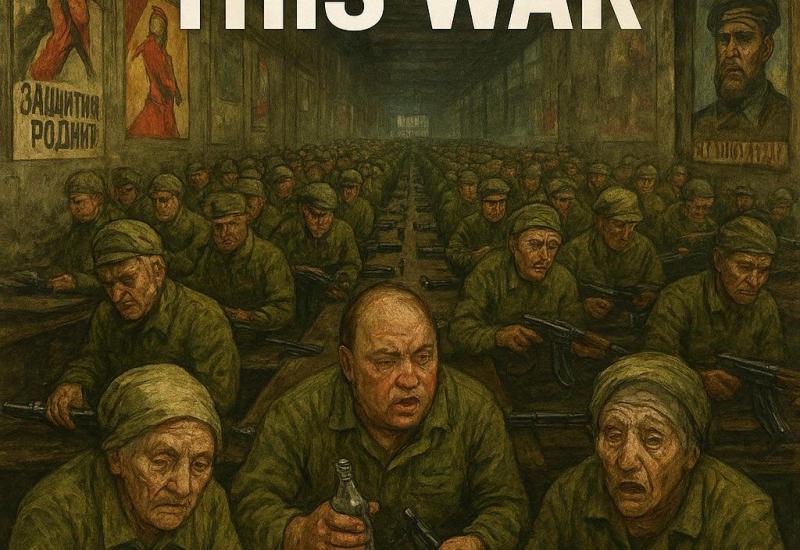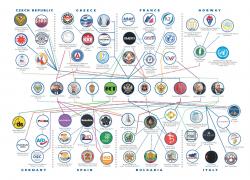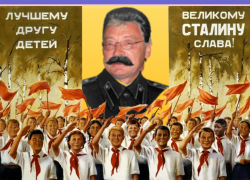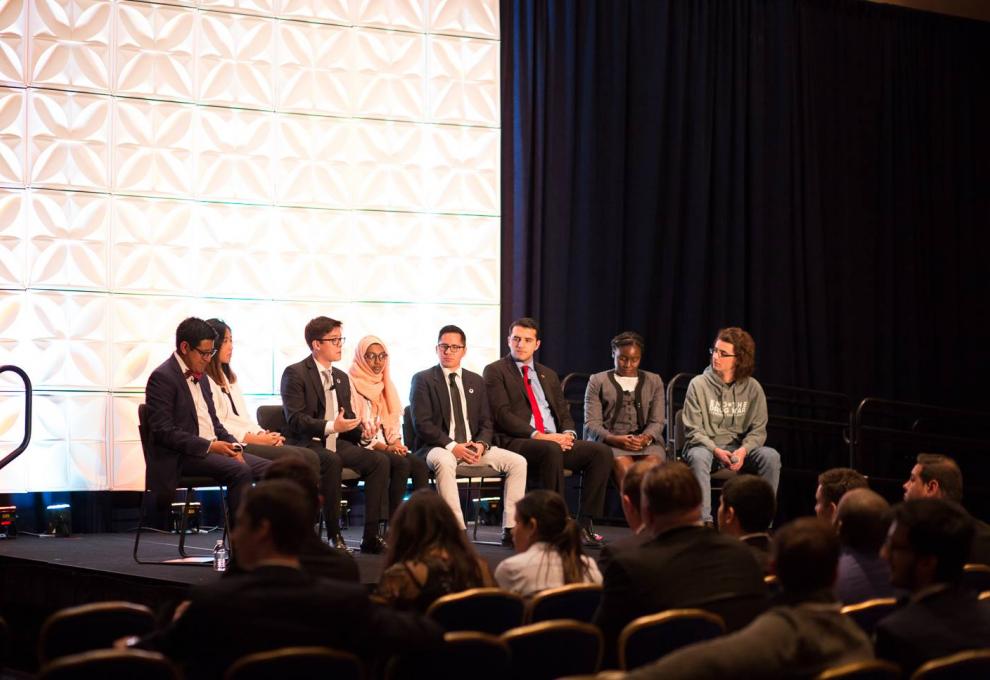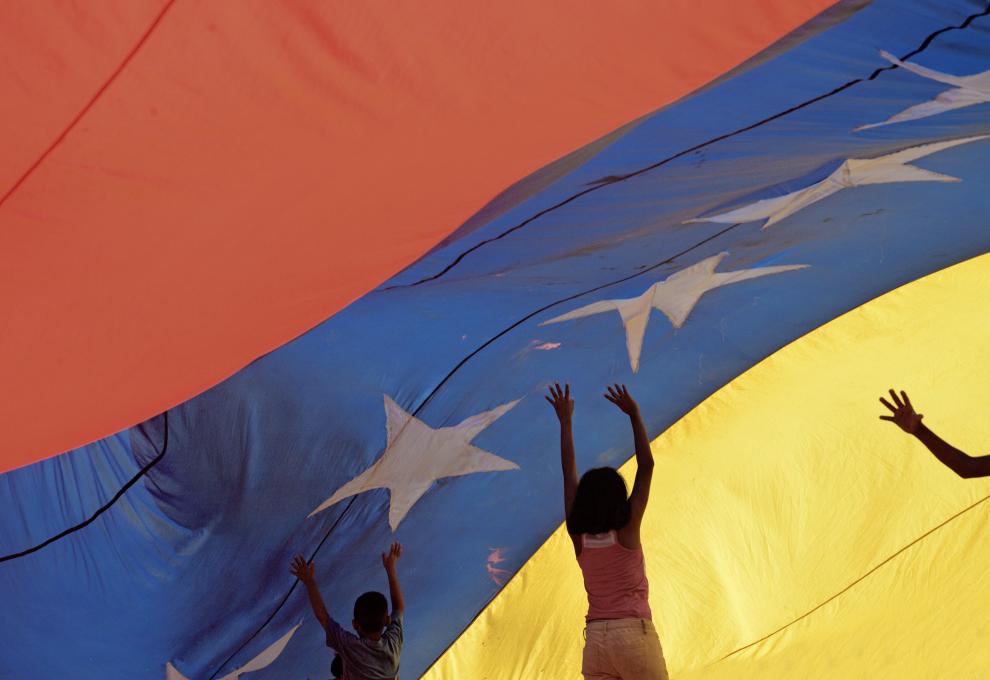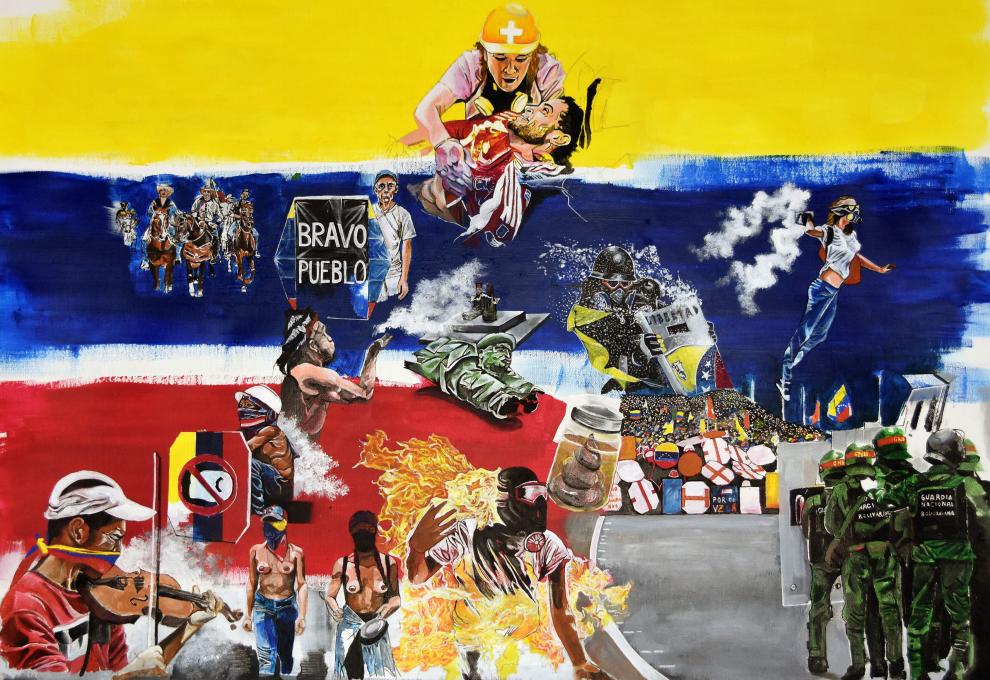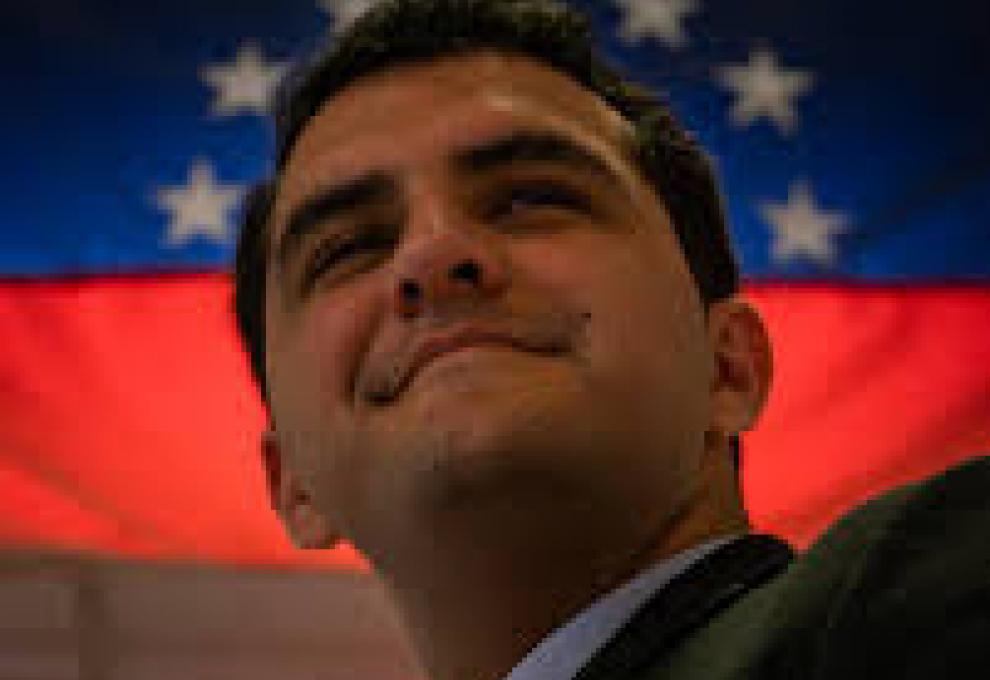All Carrot, No Stick: Biden Reportedly Set to Negotiate with the Venezuelan Regime
Subhead: Contrary to Biden’s thinking, the Maduro regime will not negotiate free and fair elections just for the removal of American sanctions. A political transition in Venezuela will therefore require the incoming administration to not only reevaluate the policy tools at its disposition but also readdress the interests and weaknesses of the Maduro regime and its international allies.
Since the campaign trail, President-elect Joe Biden and his team have expressed their interest in resolving the political and humanitarian crisis of Venezuela. Biden and his advisers have even called the Venezuelan crisis “the biggest diplomatic challenge” that their administration will face in the Western Hemisphere. Currently, over twenty million Venezuelans are living in poverty, and over five million Venezuelans have left the country.
When asked about policies to address the political conflict, Biden and his campaign have said that the United States has to not only increase sanctions on “the regime and its supporters” but also “push for stronger multilateral sanctions.” The President-elect has also said that the international community has a “responsibility to help Venezuela’s neighbors like Colombia to manage the grave humanitarian crisis created by the millions of Venezuelan migrants who’ve fled the country.” And for Venezuelans living in the United States, Biden has pledged to grant them Temporary Protected Status (TPS), so they can stay in the country legally. According to the Congressional Budget Office, in 2018 there were about 200 thousand Venezuelans eligible for TPS.
Yet, there has been reports,that the President-elect may have a different strategy now, at least regarding the U.S. sanctions on the Maduro regime. According to the reportsthe incoming administration will neither increase the scope of its sanctions nor push other countries to strenthen theirs. Instead they say that Biden is already preparing a team to negotiate with the Maduro regime. If this is the case, then the strategy of the incoming administration will look just like the strategy of the European Union.
The negotiation between the Biden administration and the Maduro regime will allegedly consist of dropping the American sanctions in exchange for the holding of free and fair elections in Venezuela, elections between Maduro and the opposition. This would be a departure from the Trump administration, which has insisted that Nicolas Maduro cannot be in power for free and fair elections to be held. The Trump administration has argued that as long as Maduro is in power, Venezuela will not have the conditions for a real presidential election to take place, as a real election cannot be held with a politicized electoral commission or the state intimidating voters.
Beyond these concerns, my biggest concern with this strategy is that Maduro will simply not negotiate its potential exit from power just for the removal of the American sanctions. Maduro has no incentives to take this deal; because if real presidential elections were held, the opposition would win by a landslide. This is the reason no sanctioned regime would take this deal, not Cuba, not Iran, not Venezuela. In fact, this option was already discussed and disregarded in a series of secret negotiations that the regime and the opposition had in 2019, with Norway being the intermediary of such negotiations.
As a result, the opposition has manifested their skepticism with negotiating with the Maduro regime. In a similar point, it remains unclear what relationship will the Biden administration have with Juan Guaido and the interim government of Venezuela. Bloomberg also reported that Guaido has been trying to arrange a call with Biden since late-November, without success.
Thereby, if President-elect Biden is indeed keen on following this strategy, we can take for granted that the political conflict of Venezuela is nowhere near its resolution. With this, the regional reputation of the United States will continue eroding, and the stability of its region will continue worsening.
This being said, what I recommend the incoming administration – as well as the European Union and our allies in the region – is to:
- Take into consideration the geopolitical implications of the Venezuelan crisis to clearly state the interests and weaknesses of the main international actors of this crisis: China, Cuba, and Iran. The U.S. should also give a greater role to the Colombian government given their experience not only fighting the FARC but also making peace with them. Colombia is also the country most affected by the migratory crisis of Venezuela, with over a million Venezuelan refugees in the country, and with a lot to lose if Venezuela becomes a total failed state.
- The U.S. also has to reevaluate the effectiveness of its foreign policy tools, the geoeconomics of the crisis if you will; Specifically, it has to reevaluate the effectiveness of its financial and energy sanctions on Venezuela – especially since its sanctions on the Venezuelan oil industry had the unintended consequence of increasing Iran’s influence on Venezuela, as I wrote at National Review in detail.
- And lastly, when these two issues are addressed, I would advise the incoming administration to act decisively, so it can set a precedent to current and future leaders in the region with authoritarian aspirations. To this point, I would advise the U.S. to not only focus on finding a resolution to the Venezuelan conflict but also on strengthening the entire American continent, so no other country in the region falls into the same tragic destiny than Venezuela. A stronger Latin America should a foreign policy priority of the United States.
In this sense, what the incoming administration has to understand is a far-from-simple truth I learned while reading Niall Ferguson’s book on Henry Kissinger: that policymakers usually have to make decisions under conditions of deep uncertainty, that their choices are usually between evils, and that good policymaking requires the constant vigilance of an ever-changing political, economic, and geopolitical landscape.
By Jorge Jraissati
Jorge Jraissati is a Venezuelan economist and the president of the Venezuelan Alliance, an international non-profit that explains the causes, analyses the consequences, and brings about solutions to the Venezuelan humanitarian crisis. Jorge has spoken on this issue at universities like Harvard, NYU, and Cambridge.




